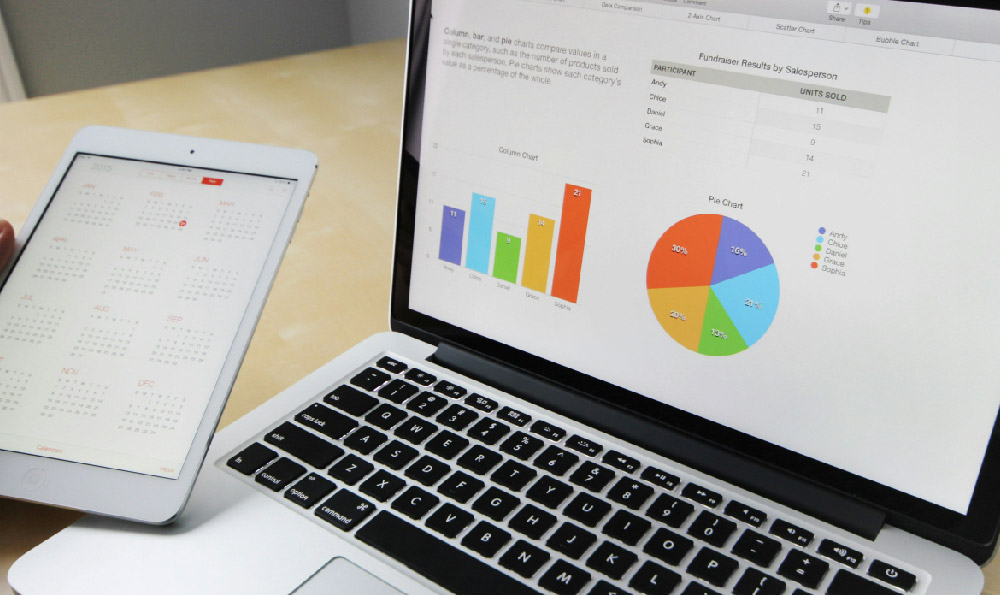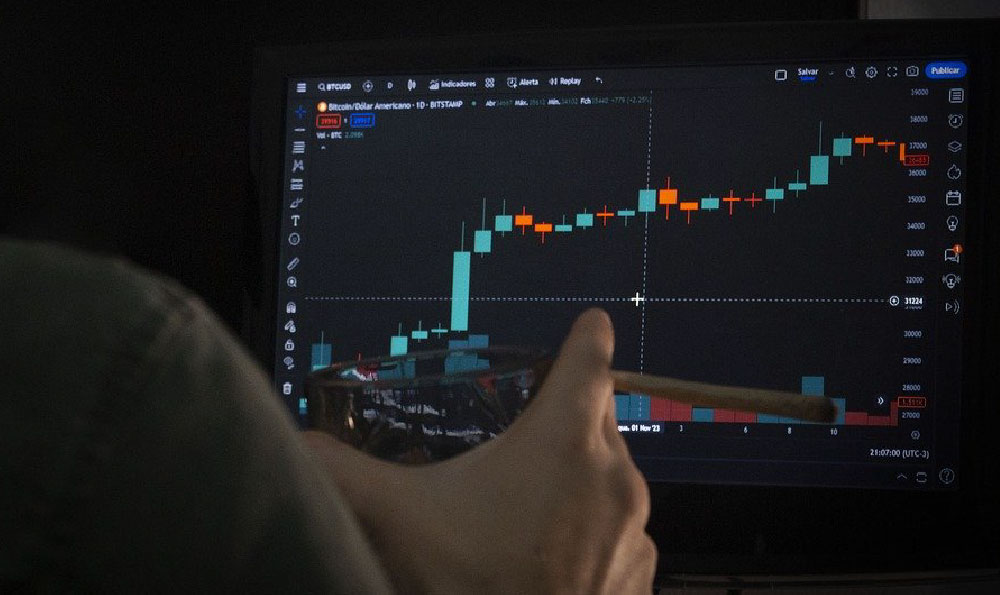Buying a house is a significant financial decision, one that often stirs up conflicting emotions and economic calculations. Is it a stepping stone to financial security, a tangible asset that appreciates over time? Or is it a money pit, burdened by hidden costs and susceptible to market fluctuations? The answer, as with most financial matters, is nuanced and depends heavily on individual circumstances, market conditions, and long-term goals.
From a traditional perspective, homeownership has long been touted as a cornerstone of the American Dream and a sound investment strategy. The argument rests on several pillars. Firstly, real estate tends to appreciate in value over the long term. While there can be periods of stagnation or even decline, historically, property values have generally risen, offering homeowners the potential to build equity and accumulate wealth. Secondly, owning a home provides a hedge against inflation. As prices for goods and services increase, so too does the value of your real estate, offering some protection against the eroding effects of inflation on your savings. Thirdly, mortgage payments are often fixed, providing stability and predictability in your housing expenses, particularly when compared to the ever-increasing rent prices. Finally, and perhaps most importantly for some, owning a home offers a sense of stability and belonging. It's a place to put down roots, raise a family, and build memories, which can be invaluable.
However, the reality of homeownership is far more complex than these rosy projections. There are significant costs associated with buying and maintaining a home that are often overlooked or underestimated. The initial down payment, which can range from 5% to 20% of the purchase price, is a substantial upfront expense. Closing costs, including fees for appraisals, inspections, title insurance, and legal services, can add thousands more to the initial outlay. Then there are the ongoing expenses: property taxes, homeowner's insurance, and maintenance and repairs. These costs can quickly add up, turning your "investment" into a significant drain on your finances.

Furthermore, the real estate market is inherently cyclical. Housing prices can fluctuate dramatically, and there is no guarantee that your home will appreciate in value. In some cases, you could even end up owing more on your mortgage than your home is worth, a situation known as being "underwater" on your mortgage. This can be particularly devastating if you need to sell your home unexpectedly, as you may be forced to take a loss.
Beyond the financial aspects, homeownership also comes with significant lifestyle considerations. Owning a home requires a substantial time commitment. You are responsible for all aspects of its upkeep, from mowing the lawn to fixing leaky faucets. This can be time-consuming and stressful, particularly for those with busy schedules. Additionally, homeownership can limit your mobility. Selling a home can be a lengthy and expensive process, making it difficult to relocate for job opportunities or other personal reasons.
So, how do you decide whether buying a house is a good investment or a bad deal? The answer lies in carefully considering your own financial situation, lifestyle preferences, and long-term goals.
Start by assessing your financial readiness. Can you comfortably afford the down payment, closing costs, and ongoing expenses of homeownership without straining your budget? Do you have a stable income and a healthy emergency fund to cover unexpected repairs or job loss? If the answer to any of these questions is no, then you may not be ready to buy a home.
Next, consider your lifestyle preferences. Do you value stability and predictability, or do you prefer the flexibility of renting? Are you willing to commit the time and effort required to maintain a home, or would you rather leave those responsibilities to someone else? If you value flexibility and hate yard work, then renting may be a better option.
Finally, think about your long-term goals. Do you plan to stay in the area for several years, or are you likely to move in the near future? Are you looking to build equity and accumulate wealth, or are you more concerned with maximizing your cash flow? If you plan to move within a few years, the transaction costs associated with buying and selling a home may outweigh any potential appreciation.
Instead of viewing homeownership solely as an investment, it's crucial to consider it as a lifestyle choice with significant financial implications. It's not a guaranteed path to wealth, and it's not right for everyone. Before taking the plunge, do your research, consult with a financial advisor, and carefully weigh the pros and cons. Don't let emotions cloud your judgment. A house should be a home, not a financial burden that keeps you awake at night.
Ultimately, the decision to buy a house is a personal one. There is no right or wrong answer. What works for one person may not work for another. The key is to make an informed decision based on your own unique circumstances and goals. If you approach the process with caution, diligence, and a realistic understanding of the costs and benefits, you can increase your chances of making a sound financial decision that will serve you well in the long run. And remember, renting isn't throwing money away; it's paying for a service and flexibility, which has its own inherent value. Weigh all the options before committing to such a significant financial undertaking.












